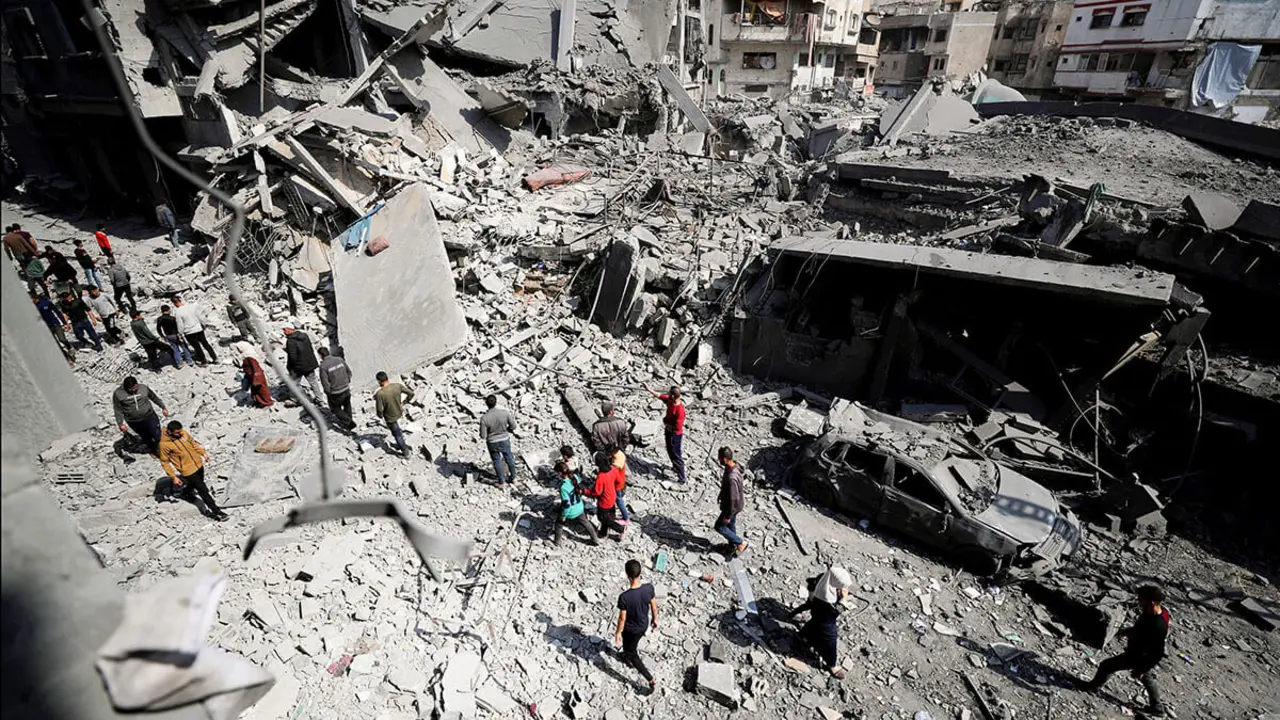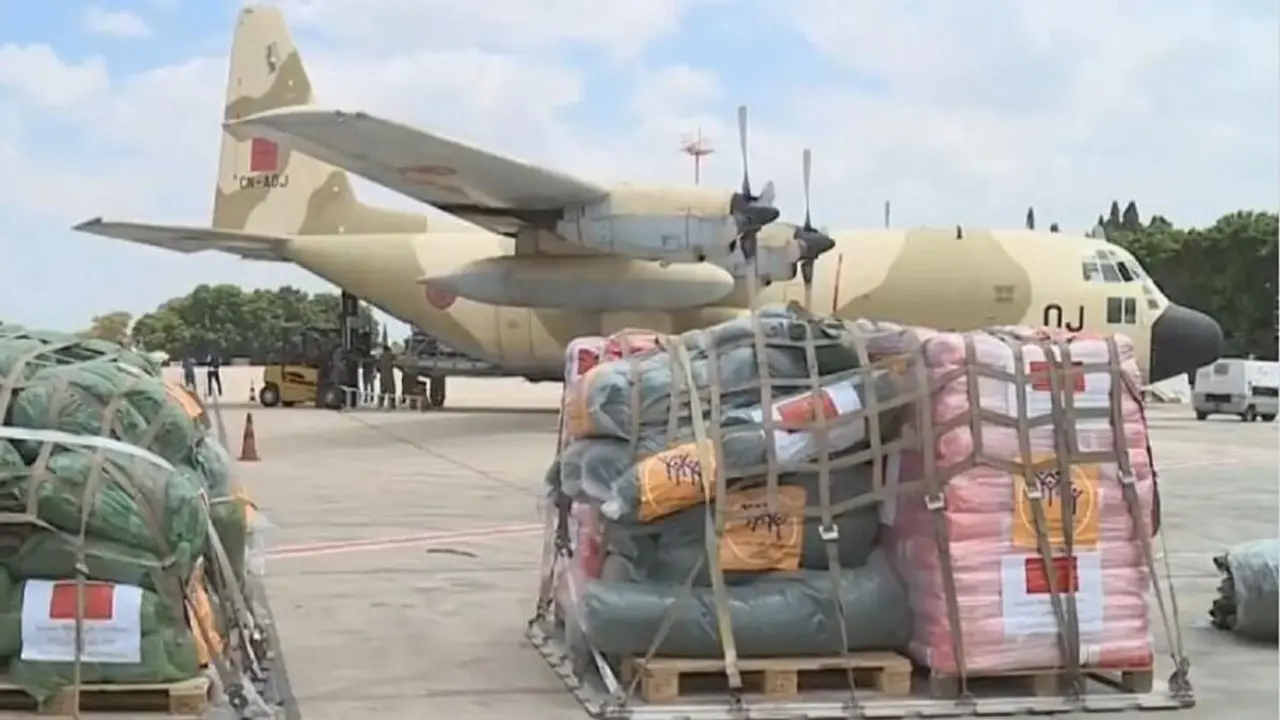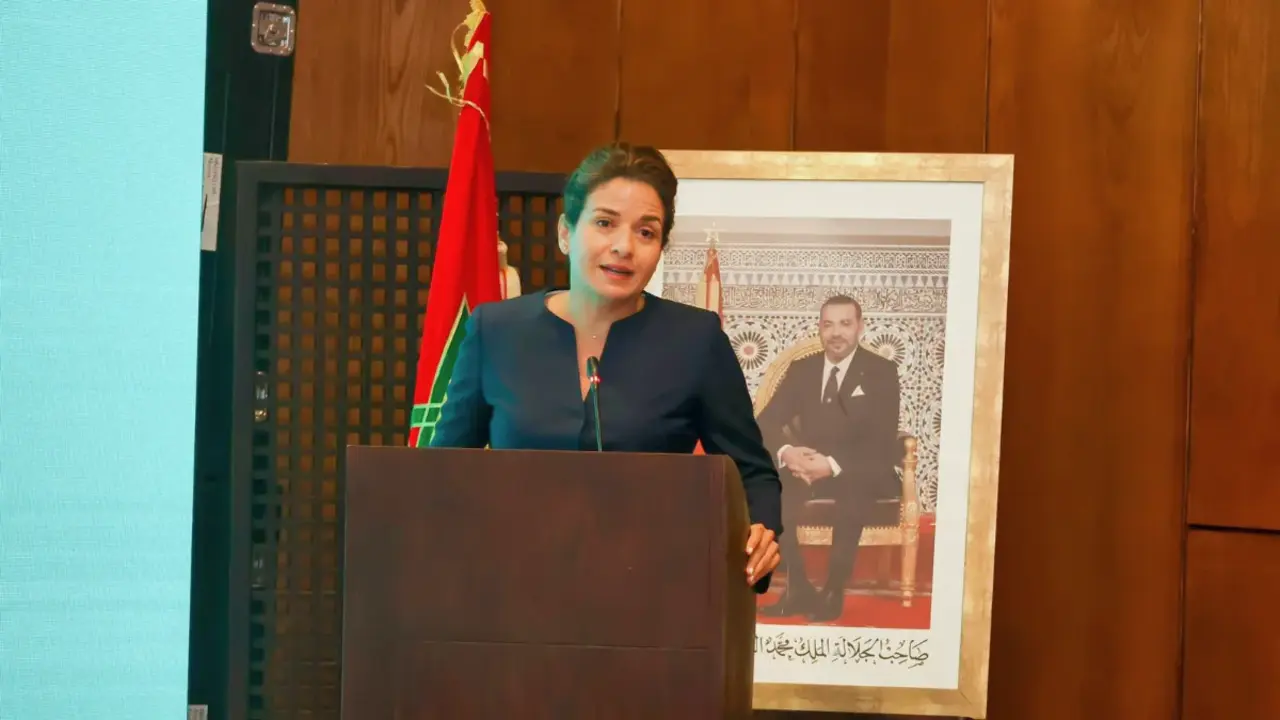Far from the global headlines, Sudan faces an unimaginable humanitarian crisis

"Far from the world's eyes and headlines, the conflict in Sudan continues to rage and the looming humanitarian crisis there is unimaginable, as more and more people are displaced by the ongoing violence," the director of External Relations for the United Nations Refugee Agency (UNHCR) said Tuesday after returning from a multi-day mission to the African country.
Speaking at a press conference in Geneva, Dominique Hyde said the war, "which broke out without warning, has turned many homes into graveyards," adding that the fighting is increasing in scale and brutality.
Yet the world is "shockingly silent" in the face of persistent and unpunished violations of international humanitarian law, Hyde lamented.
According to UNHCR figures, 4.5 million people have been displaced since April, when the war began, while 1.2 million have fled to neighbouring countries such as Chad, Egypt, South Sudan, Ethiopia and the Central African Republic. The vast majority of the refugees are women and children.
Measles and malnutrition are killing children
More than 1,200 children under the age of five have died in four months in White Nile State, where some 433,000 displaced people are sheltering without access to food, shelter, clean water and other basic necessities.
The increase in the number of uprooted people has overwhelmed essential services in the state's refugee camps, said Hyde, who has been to the state and spoken to the displaced.
As elsewhere in Sudan, schools in White Nile have been closed for seven months, with classrooms serving as temporary shelters for the displaced. The health situation is catastrophic, Hyde said, explaining that the vast majority of child deaths are due to an outbreak of measles on top of malnutrition.
"At least four children continue to die every week in White Nile state due to a lack of essential drugs, staff and supplies," he added.

Exodus accelerates, resources lacking
Meanwhile, the exodus of Sudanese refugees to neighbouring countries is accelerating with some 700 people arriving daily in Chad.
In addition, some 20,000 people crossed into South Sudan last week, with more than 362,000 people entering the country from April to date.
The UNHCR official noted during her visit that a transit centre designed for 3,000 people is now hosting some 20,000 refugees.
"There are people everywhere and conditions are only getting worse. The water and sanitation situation is on the verge of a cholera outbreak. I've worked in this camp for 30 years and this is probably one of the worst situations I've ever seen," said Hyde.
Adding to the chaos and precariousness is widespread sexual violence, he said, urging an end to all gender-based violence, including sexual violence as a tactic of war. "Those responsible for these crimes must be held accountable and survivors must receive medical and psychosocial support. The parties must implement mechanisms to prevent these abuses from continuing," he stressed.
Humanitarian organisations such as UNHCR are overstretched and the regional plan for hosting Sudanese refugees in neighbouring countries and humanitarian aid within Sudan is underfunded.
Sudan may be another forgotten catastrophe
Meanwhile, the United Nations Children's Fund (UNICEF) warned that Sudan could become "another forgotten humanitarian catastrophe" and called for immediate support from the international community.
On the 200th day of civil war in the country yesterday, the UN agency said children continue to pay the highest price for a crisis they did not cause and which is costing more and more lives.
More children are currently displaced there than anywhere else in the world: three million are fleeing fighting between the government and rival militias.
"Some 14 million children in Sudan are in urgent need of life-saving humanitarian assistance," UNICEF warned, noting that many children live in a state of perpetual fear of being killed, injured, recruited or used by armed actors.
Among other abuses, UNICEF reported more than 3,100 reports of grave violations, including the killing and maiming of children.
The agency noted that none of Sudan's 19 million children have been able to return to school, and warned that the future of an entire generation is at stake.
UNICEF and its partners are providing life-saving assistance to millions of children inside Sudan and in neighbouring countries, but the needs are outstripping resources.








